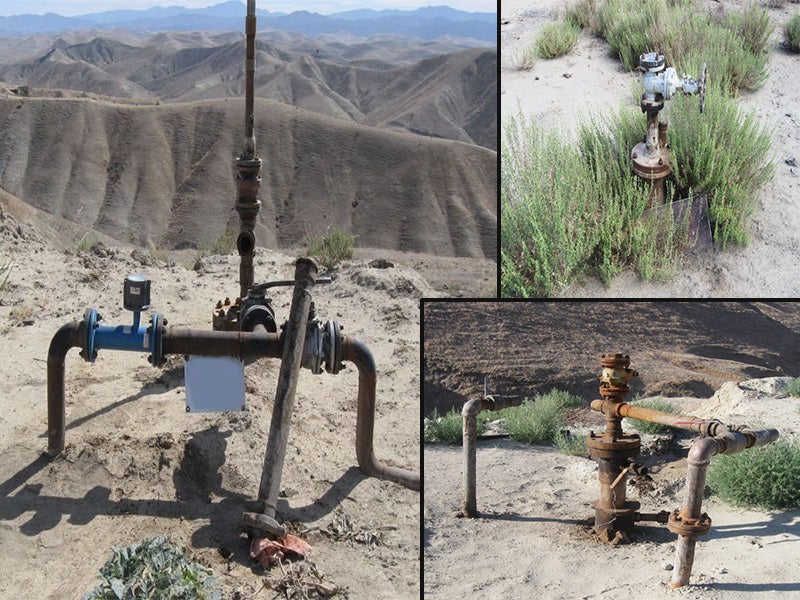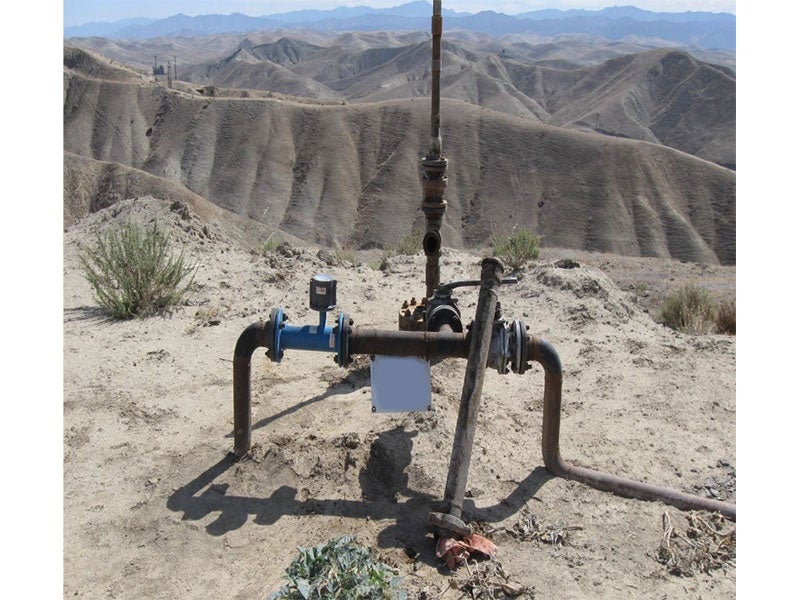Halting Illegal Dumping of Oil Waste Into California’s Imperiled Water Supplies
Illegal injections are contaminating underground water in scores of aquifers across California. Oil wastewater in the state typically contains high levels of cancer-causing benzene. Wastewater can also include fracking fluid, which often contains chemicals that are linked to serious human health problems, including cancer and birth defects.
Case Overview
A lawsuit, filed by Earthjustice in Alameda County Superior Court on behalf of the Center for Biological Diversity and Sierra Club, challenges “underground injection control” regulations from California’s Division of Oil, Gas and Geothermal Resources (DOGGR).
The regulations allow oil companies to continue injecting oil industry wastewater and other fluids into protected aquifers until February 2017, in violation of state and federal law and despite a water-scarcity crisis caused by the worst drought on record. DOGGR pushed the rules through in just a few days, characterizing inconvenience to the oil industry from interrupting its illegal injections as a public “emergency.”
The lawsuit asks the court to declare the new regulations illegal and force California officials to halt illegal oil industry injection operations in the state.
DOGGR has admitted allowing thousands of oil industry wells to inject fluids, including wastewater, directly into protected aquifers, in clear violation of the law. These illegal injections are contaminating underground water in scores of aquifers across the state, from Monterey to Kern and Los Angeles counties.
Oil regulators, the lawsuit says, issued emergency regulations to try to dodge obligations to protect California’s water from illegal contamination by oil waste. “These rules turn the definition and purpose of a public emergency upside down by employing [California’s] regulatory emergency powers to allow the continuance of admittedly illegal injection of oil industry wastewater into underground sources of drinking water,” the legal complaint states.
Oil wastewater in California typically contains high levels of cancer-causing benzene, according to testing done by DOGGR and oil companies. Wastewater can also include fracking fluid, which often contains chemicals that are linked to serious human health problems, including cancer and birth defects.
DOGGR admits it has failed to adequately safeguard protected aquifers from oil industry pollution for years. But oil regulators have shut down just 23 of about 2,500 injection wells identified as operating illegally in protected aquifers. In proposing the emergency regulations, DOGGR argued that “the oil industry’s long-term business plans might be affected if required to comply with existing state and federal law.”

Case Updates
Case page created on May 7, 2015.
